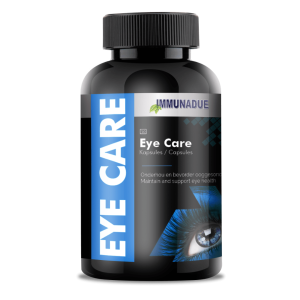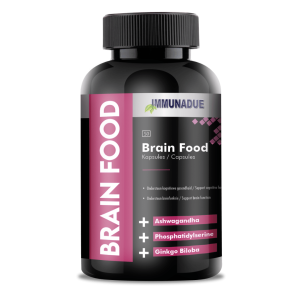- Class of Mineral:
- Type of mineral (e.g. metallic etc): Trace mineral, metalloid
- Alkalizing or acidifying? Alkalizing.
- How the Body Utilizes the mineral:
- Selenium is an essential trace mineral that functions as a component of various enzymes called seleno-proteins.
- These proteins play crucial roles in reproduction, thyroid hormone metabolism, DNA synthesis, and protection from oxidative damage and infection.
- Mineral Supplement Dosage:
- RDA: The recommended dietary allowance (RDA) for selenium is 55 mcg for adults.
- Typical Dietary Intake: The average daily intake of selenium in the United States is about 93 mcg for men and 67 mcg for women.
- Tolerable Upper Intake Level (UL): The tolerable upper intake level (UL) for selenium is 400 mcg per day for adults.
- Symptoms of a shortage of the mineral:
Selenium deficiency is rare in healthy individuals, but it may occur in people with certain medical conditions or those who undergo total parenteral nutrition.
Symptoms of selenium deficiency include:
-
- Fatigue
- Muscle weakness
- Disorders of the nervous system
- Difficulty with fertility
- Symptoms of too much of the mineral:
Selenium toxicity can occur with long-term intake of high doses of selenium supplements. Symptoms of selenium toxicity include:
-
- Garlic odour on breath
- Metallic taste in the mouth
- Nausea
- Diarrhoea
- Skin rash
- Hair and nail loss
- Mild nerve damage
- Mineral supplement Forms
- Selenomethionine (most absorbable)
- Sodium selenite
- Sodium Selenate
- Selenium-enriched yeast
- Various food sources for the mineral:
- Brazil nuts
- Seafood (tuna, sardines, shrimp)
- Meat (beef, poultry, pork)
- Eggs
- Grains (rice, wheat, barley)
- Legumes (lentils, chickpeas, soybeans)
- Dairy products (milk, cheese)
- How to take the mineral:
- Meal Timing: Selenium can be taken with meals, but it is best absorbed when taken on an empty stomach.
- Time of Day: Selenium supplements can be taken at any time of day, but it is generally recommended to take them in the morning or evening.
- Other: Selenium supplements should be taken with caution and under the guidance of a healthcare professional, especially if you have a history of kidney disease or are taking other medications.
- Interactions:
- Positive Interactions
- Vitamins and minerals: Selenium works synergistically with vitamin E, vitamin C, and other antioxidants to protect cells from damage.
- Medication: Selenium may interact with certain medications, such as cisplatin, a chemotherapy drug. It is essential to consult with a healthcare professional before taking selenium supplements if you are on any medications.
- Other: Selenium may also work synergistically with other trace minerals, such as zinc and copper, to support overall health.
- Positive Interactions
-
- Negative Interactions:
- Vitamins and minerals: High doses of selenium may interfere with the absorption of other minerals, such as zinc and copper.
- Medication: Selenium supplements may interact with certain medications, such as anticoagulants and statins. Consult with a healthcare professional before taking selenium supplements if you are on any medications.
- Other: Long-term intake of high doses of selenium may increase the risk of type 2 diabetes and prostate cancer.
- Negative Interactions:
- Contraindications and Risks:
- Pregnant or breastfeeding women should consult with a healthcare professional before taking selenium supplements.
- People with a history of kidney disease or those undergoing dialysis should avoid selenium supplements, as they may accumulate toxic levels of selenium in the body






Reviews
There are no reviews yet.